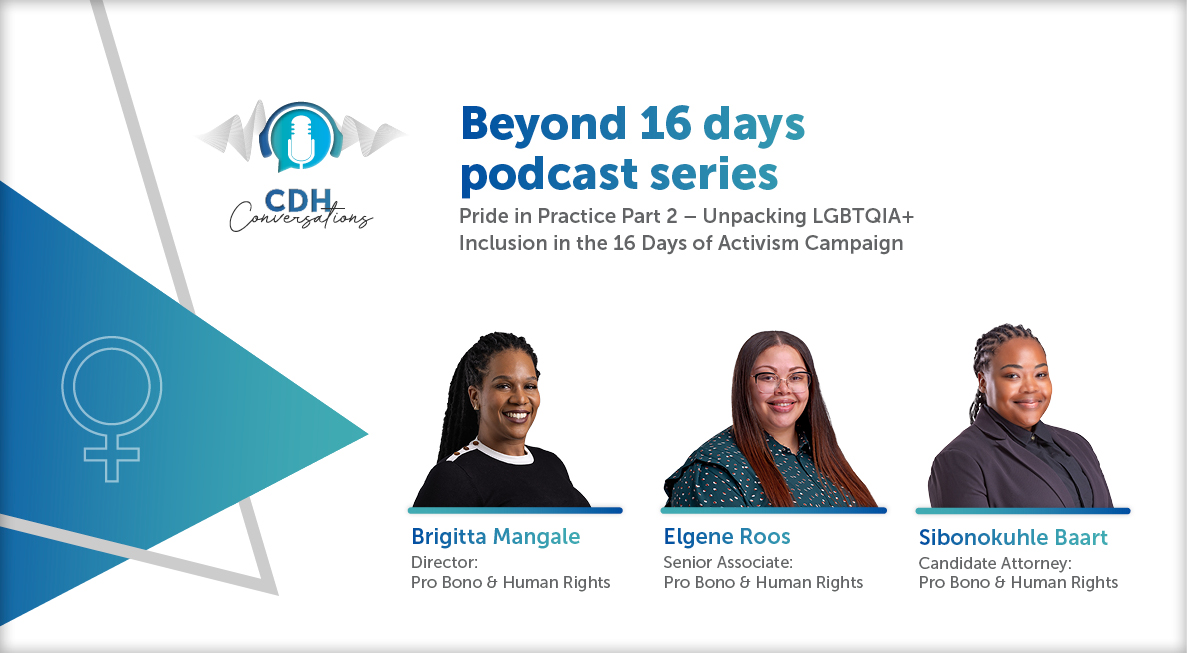Standard construction contracts and confidentiality of adjudication proceedings
At a glance
- Adjudication is a preliminary step before arbitration, involving the appointment of a neutral third party to resolve a dispute.
- The decision of the adjudicator is binding unless overturned by an arbitrator.
- Standard construction agreements in South Africa generally include provisions for confidentiality in adjudication proceedings, ensuring privacy and non-disclosure of information without consent.
Adjudication is a precursor to a dispute being referred to arbitration and requires the appointment of a neutral third party to determine a dispute that has arisen between the parties and is generally accepted as an accelerated form of dispute resolution.
The decision or determination by the adjudicator is binding upon the parties unless and until overturned by an arbitrator in their award.
It is generally assumed that the adjudication proceedings are confidential, but to provide certainty, we have considered the various forms of construction agreements used in South Africa, and whether such forms of agreement specifically provide that the adjudication procedure is confidential.
The JBCC form of agreement (through its various editions), provides that in terms of the adjudication rules, the adjudicator shall treat all matters which have been referred to them for adjudication as confidential, and shall not disclose such without the prior written consent of the parties.
The 1999 edition of the FIDIC form of agreement (Red and Yellow Books) provide for a Dispute Adjudication Board (DAB) to be convened either as an ad hoc or standing DAB, to adjudicate disputes that have arisen between the parties.
In terms of the general conditions applicable to the Dispute Adjudication Agreement (1999 FIDIC). The DAB is to treat the details of the contract and all the DAB’s activities and hearings as private and confidential and shall not publish or disclose them without the prior written consent of the employer, the contractor and any other member of the DAB (if the DAB consists of more than one member).
A Dispute Avoidance / Adjudication Board (DAAB) is provided for in terms of the 2017 FIDIC edition. The general conditions of Dispute Avoidance/Adjudication Agreement specifically provide for confidentiality. The DAAB activities and documents provided to them, shall be private and confidential and may not be published or disclosed without written consent.
The General Conditions of Contract for Construction Works (GCC, 3rd edition 2015) also provides for an adjudication board, and in terms of its rules, provides for confidentiality, and the proceedings before the adjudication board are private and confidential, except where disclosure is necessary for the purpose of implementation or enforcement.
In terms of the NEC3 contract, and insofar as the parties conclude the NEC3 adjudicator’s contract, confidentiality of the proceedings is provided for in the contract.
Conclusion
Insofar as the parties to the standard forms of construction contracts, as set out above, follow the rules and agreements provided for in terms of the standard contracts, the proceedings and documents placed before the adjudicator / DAB / DAAB are confidential as is the decision or determination that is handed down.
It is only when the parties to the construction contract do not follow the standard rules or agreements provided for that an issue of confidentiality may arise.
The information and material published on this website is provided for general purposes only and does not constitute legal advice. We make every effort to ensure that the content is updated regularly and to offer the most current and accurate information. Please consult one of our lawyers on any specific legal problem or matter. We accept no responsibility for any loss or damage, whether direct or consequential, which may arise from reliance on the information contained in these pages. Please refer to our full terms and conditions. Copyright © 2026 Cliffe Dekker Hofmeyr. All rights reserved. For permission to reproduce an article or publication, please contact us cliffedekkerhofmeyr@cdhlegal.com.
Subscribe
We support our clients’ strategic and operational needs by offering innovative, integrated and high quality thought leadership. To stay up to date on the latest legal developments that may potentially impact your business, subscribe to our alerts, seminar and webinar invitations.
Subscribe




